In the News
-
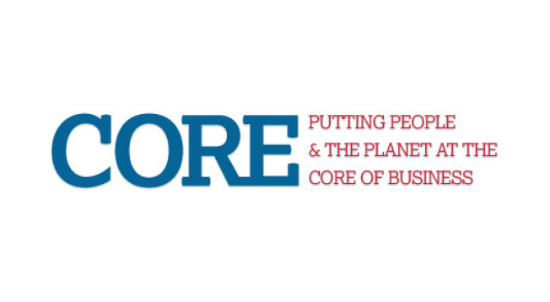 11 December 2018
11 December 2018U.K. Companies Can Help Break the Cycle of Poverty Wages on Assam’s Tea Plantations
In this article, Asia Director Anirudha Nagar discusses the grim reality facing workers on tea estates in Assam and the role of British tea companies in ensuring protection of workers’ rights. Accountability Counsel, CORE Coalition and other civil society organizations are urging major British tea brands and retailers that source tea from Assam to help break the cycle of poverty wages. -
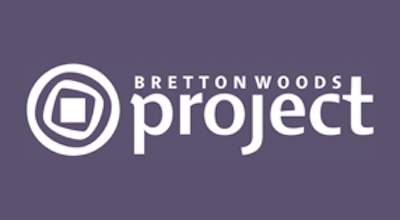 6 December 2018
6 December 2018Inspection Panel and Compliance Ombudsman Advisor reviews: Will World Bank fill the half-empty glass?
In this article, Bretton Woods Project highlights last month’s meeting of the Independent Accountability Mechanisms Network (IAMnet) in Washington, D.C. The article underscores civil society organisations’ call for the World Bank Group to use its Inspection Panel (IPN) and Compliance Advisor Ombudsman (CAO) reviews to address existing accountability gaps. -
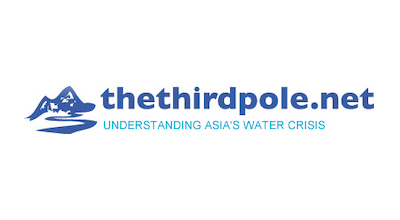 29 November 2018
29 November 2018Web of Concerns Over Transmission Lines in Nepal
Our Asia Communities Consultant Siddharth Akali and partner Shankar Limbu of LAHURNIP call on the European Union to ensure that communities in Nepal are made whole on the loss they suffer as a result of its transmission lines and associated hydropower sector development. -
 27 November 2018
27 November 2018What Made a World Bank Team go to Jharkhand (विश्व बैंक की टीम को क्यों जाना पड़ा झारखंड)
पानी पर हक़ और ‘हिस्सेदारी’ के सवाल पर गिद्धीझोपड़ी गांव में बवाल मचा है. पूर्वी सिंहभूम ज़िले के गोलमुरी प्रखंड का ये गांव झारखंड के औद्योगिक शहर जमशेदपुर से कुछ ही किलोमीटर की दूरी पर बसा है. क़रीब 2500 लोगों की आबादी वाले इस गांव में अधिकतर घर संथाली आदिवासियों… -
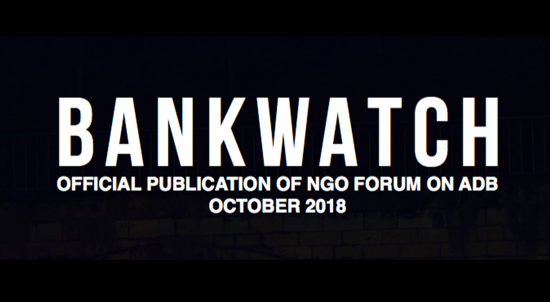 21 November 2018
21 November 2018Pillars for the Future of Development Finance in Asia
Our Policy Associate, Stephanie Amoako’s, recent article, “Pillars for the Future of Development Finance in Asia,” is featured in the October 2018 issue of NGO Forum on ADB’s Bankwatch publication. In the article, Amoako calls on the Asian Development Bank to prioritize community engagement and access to effective remedy at the forefront as it looks to the future of development finance in Asia. Read the full article here. -
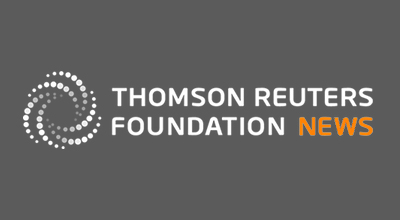 16 November 2018
16 November 2018British brand Clipper promises slave-free tea
In this Thomson Reuters Foundation article, British tea brand Clipper is reported to have released a list of its Indian suppliers on Thursday, joining a growing campaign to improve worker conditions in the state of Assam and rid the industry of widespread abuse. Our Asia Director, Anirudha Nagar, is quoted in this article saying “The publishing of supplier lists by some UK brands is a step forward in the struggle for better living and working conditions for Assam tea workers”. -
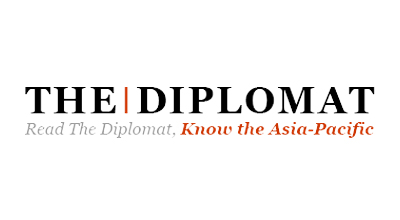 15 October 2018
15 October 2018Nepal and the China-EU Lending Race
In this article in The Diplomat, Peter Gill discusses the 220 kV Marsyangdi Corridor Transmission Line and its potential impact on the local Nepali community within the broader context of development finance. Accountability Counsel supported FPIC & Rights Forum in their recent submission to the European Investment Bank’s (EIB) Complaints Mechanism on October 8, 2018. The article also highlights the challenges surrounding accountability within development finance in the Asia-Pacific region, which is traditionally dominated by Western-aligned multilateral development banks, vis-a-vis the expansion of Chinese lending. -
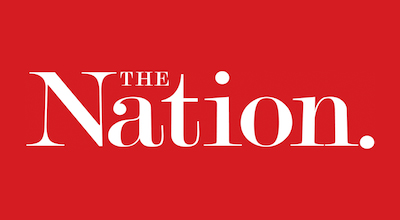 27 September 2018
27 September 2018Is the World Bank Group Above the Law?
In this article in The Nation, Barry Yeoman dives into the issues at play in the Jam v. IFC case brought by EarthRights International, which will soon be heard before the U.S. Supreme Court. Accountability Counsel submitted a joint amicus brief in support of the Indian fishing communities and farmers who are challenging the IFC through this case. The article also highlights our Maple Energy case in Peru, where the IFC provided finance to a company causing unremediated harm to local communities. -
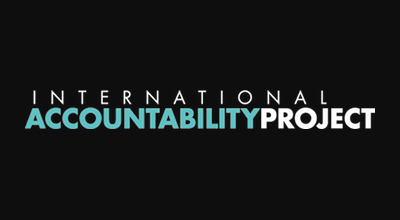 16 August 2018
16 August 2018Fisherfolk Communities in Northern Sri Lanka Organize to Protect Livelihoods From Proposed Asian Development Bank Project
Earlier this year, I found myself in the quiet town of Jaffna, in Northern Sri Lanka, sharing a meal with fisherfolk from different parts of the northern province. We were seated in a newly built hotel in the middle of town, surrounded by war-torn buildings and ruined historic palaces. Our meal consisted of a simple yet delicious fish curry, served with rice and topped with spiced coconut meat. The food was unlike anything I had tasted before, unique to the region and distinctive in flavor. My companions explained that while they currently had access to abundant fish from the sea, they worried they would lose their traditional foods and livelihoods as a result of a new development project that was being proposed by the government. -
 13 August 2018
13 August 2018The key for EXIM’s future lies in accountability
…With these nominations, proponents hope that EXIM will soon have authority to approve larger transactions. However, any conversation on EXIM’s future, particularly with a potential expansion of its portfolio, must include strengthening its accountability framework to effectively address complaints from communities affected by EXIM’s activities. -
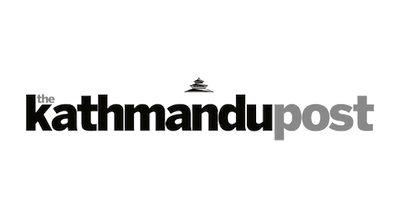 10 August 2018
10 August 2018Indigenous people demand their say in power project
Indigenous communities in Lamjung district have demanded that the Marshyangdi Corridor 220 kV Transmission Line Project respect their rights and seek their Free, Prior and Informed Consent (FPIC) before beginning construction. Locals, on Thursday , wrote to the European Investment Bank (EIB) which is funding the project, demanding forward looking action from the multilateral lender. -
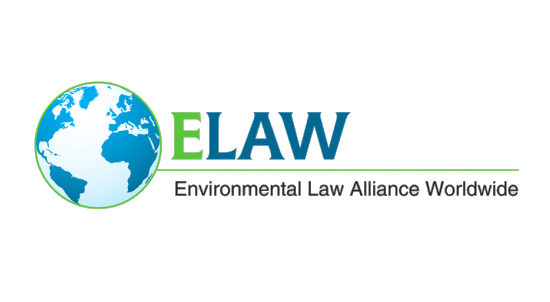 9 August 2018
9 August 2018Protecting the Rights of Indigenous Peoples in Nepal
In honor of International Day of the World’s Indigenous Peoples, ELAW shares its recent work with the Lawyers’ Association for Human Rights of Nepalese Indigenous Peoples (LAHURNIP) relating to the 220 kV Marsyangdi Corridor transmission line project. -
 8 August 2018
8 August 2018Why Lamjung communities are demanding EU funded energy project respect rights
Today, on the International Day of the World’s Indigenous Peoples, communities in Lamjung district, Nepal are reiterating their demand that hydropower sector development in their region follow the international legal standard called Free, Prior and Informed Consent (FPIC). -
 24 July 2018
24 July 2018World Bank announces two new appointments
…The World Bank has previously faced criticism from civil society organisations (CSOs) about the hiring process for members of the Inspection Panel. Kindra Mohr of US-based CSO Accountability Counsel noted that, “The legitimacy and independence of the Panel are closely tied to this hiring process. Given that the Bank’s Board is currently considering how to expand the Panel’s ‘toolkit’ and enhance its ability to address community concerns, the Bank’s leadership should also update this hiring practice to ensure that the Panel is independent in both perception and reality, reflecting best practice at other international financial institutions.” -
 17 July 2018
17 July 2018It Takes Consultation to Help a Village
…This relatively simple step — consulting the people who would benefit from the project — is overlooked in a vast majority of overseas philanthropic and development projects, whether they are led by large institutions like OPIC or the World Bank or even small nonprofits. “People are well intentioned, but a little bit of good intention with a lot of money can do a lot of harm,” said Natalie Bridgeman-Fields, a human rights lawyer. Her organization, Accountability Counsel, works with communities in developing countries to file grievances in an effort to hold large institutions like OPIC accountable when their projects bring harm rather than improvement to the people to be served… -
 13 July 2018
13 July 2018The Business of Giving Visits the Offices of Accountability Counsel
In The Business of Giving’s radio segment Better Than Most, a regular feature that examines the best places to work among social good businesses and nonprofit organizations, Denver Frederick interviews Accountability Counsel’s San Francisco office. -
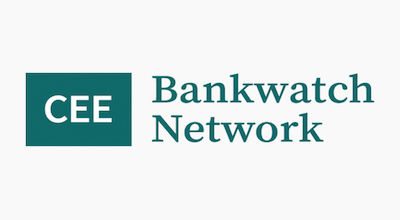 28 June 2018
28 June 2018How the EBRD can seize the day in sustainable development
To truly invest in changing lives and preventing human rights violations, the EBRD must ensure that its independent accountability office can conduct rigorous investigations into allegations of abuse in financed projects – and hold itself accountable. -
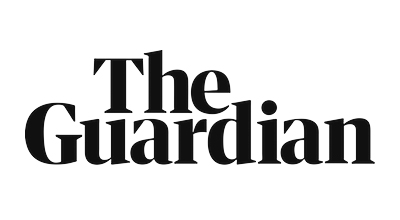 23 June 2018
23 June 2018Living next door to 17 million chickens: ‘We want a normal life’
Ukrainian villagers living in the shadow of Europe’s biggest chicken farm are fighting back – not just against the company but the development banks funding it. -
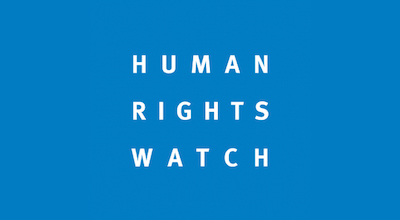 16 May 2018
16 May 2018The World Bank Should Stop Dodging Accountability
In another case from India, tea workers alleged labor rights abuses, in violation of international law and the IFC’s own rules, on IFC-funded tea plantations. Tea workers also appealed to the CAO, which found numerous shortcomings in IFC’s assessment of risks associated with child labor, fair compensation, and freedom of association. They also found IFC wasn’t providing a way out of poverty for workers, contrary to its goal of alleviating poverty. But local civil society say that little has changed for tea workers in the nine years since IFC invested in the tea plantations. -
 10 May 2018
10 May 2018Do No Harm: Accountability for impact investing
Impact Investment can be hard to get right and easy to get wrong. How can they avoid the unintended consequences for their investments? Impact investors seek social change and sustainability. Yet for investments in areas with weak rule of law, local conflicts can undermine both financial and impact returns and unintended consequences can harm the very people and environments that investors are trying to help. What tools do investors have to understand the local context and address conflicts? New and emerging tools are needed. Accountability Counsel, a global legal advocacy nonprofit, partnered with Stanford Law School’s Law and Policy Lab to investigate these tools and develop guidelines for adoption. This interview with Accountability Counsel founder and Executive Director Natalie Bridgeman Fields describes the tools needed for effective philanthropy.

